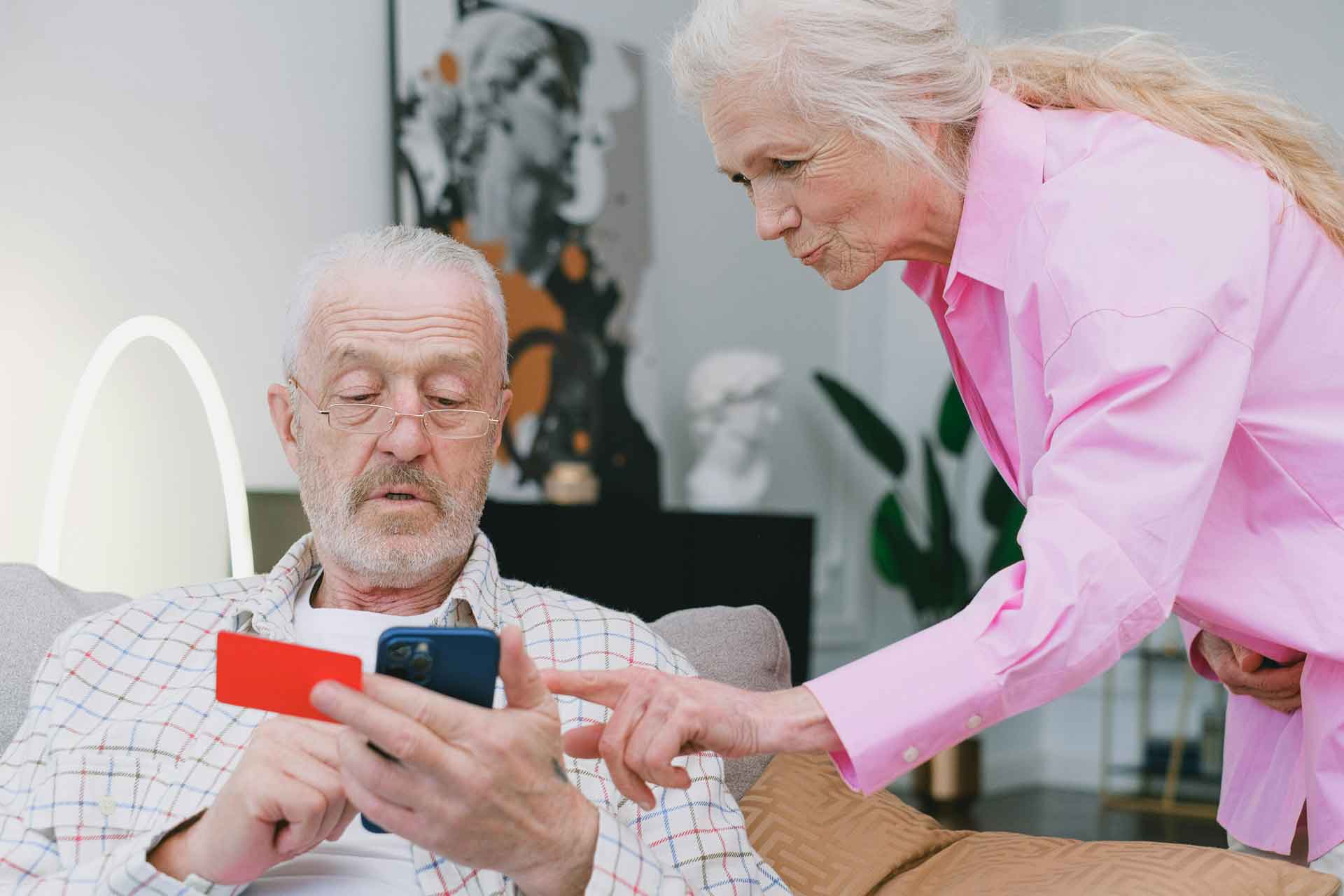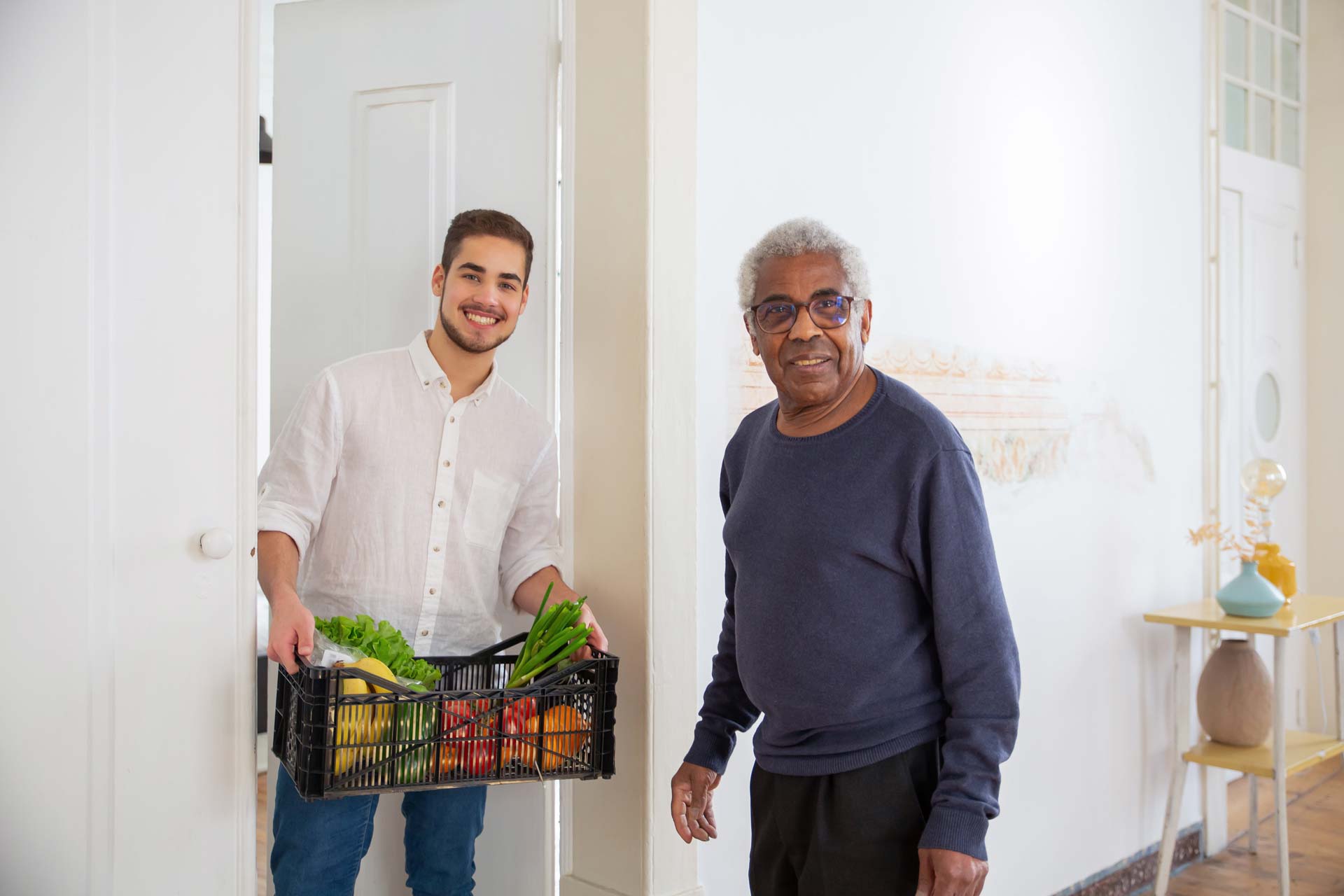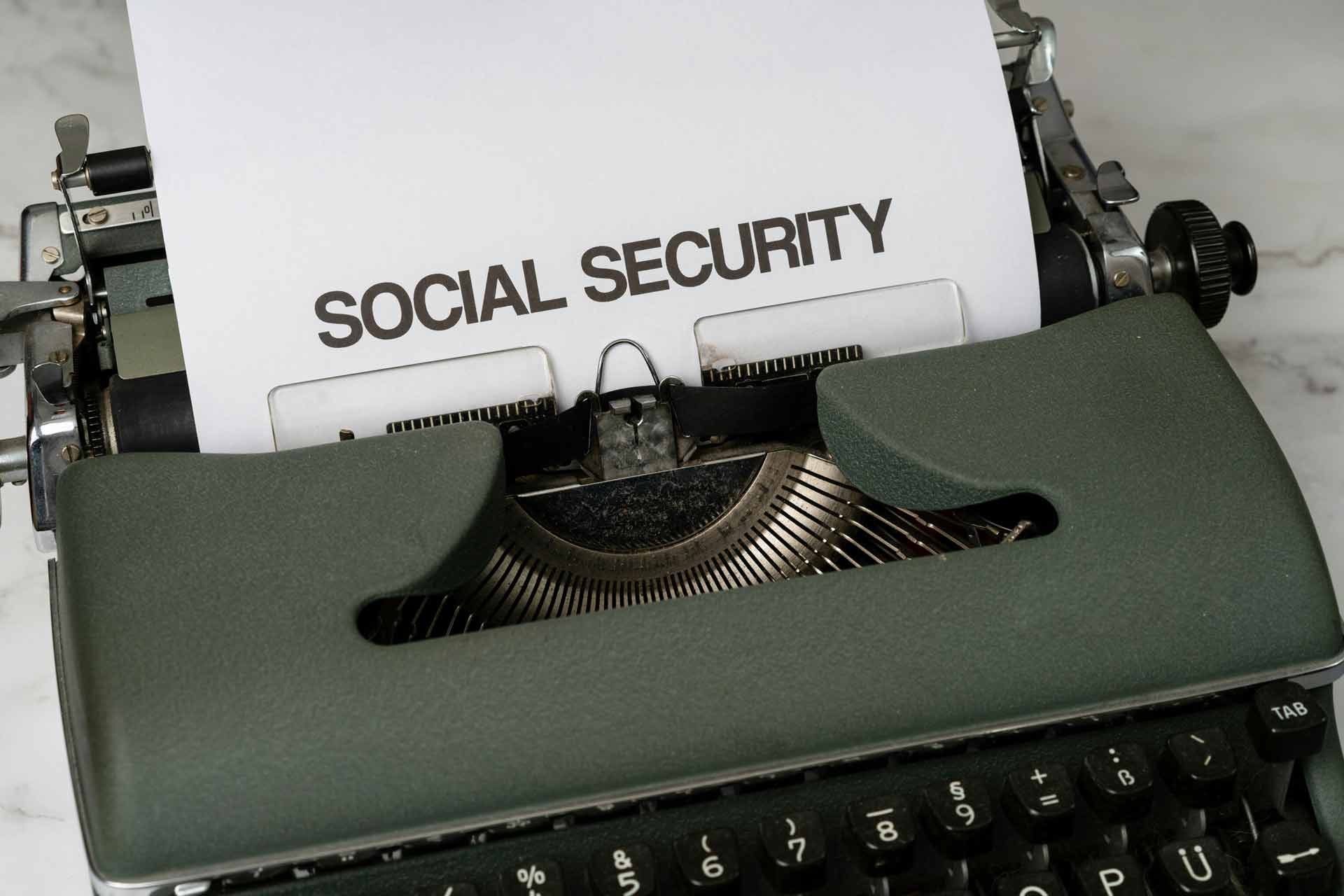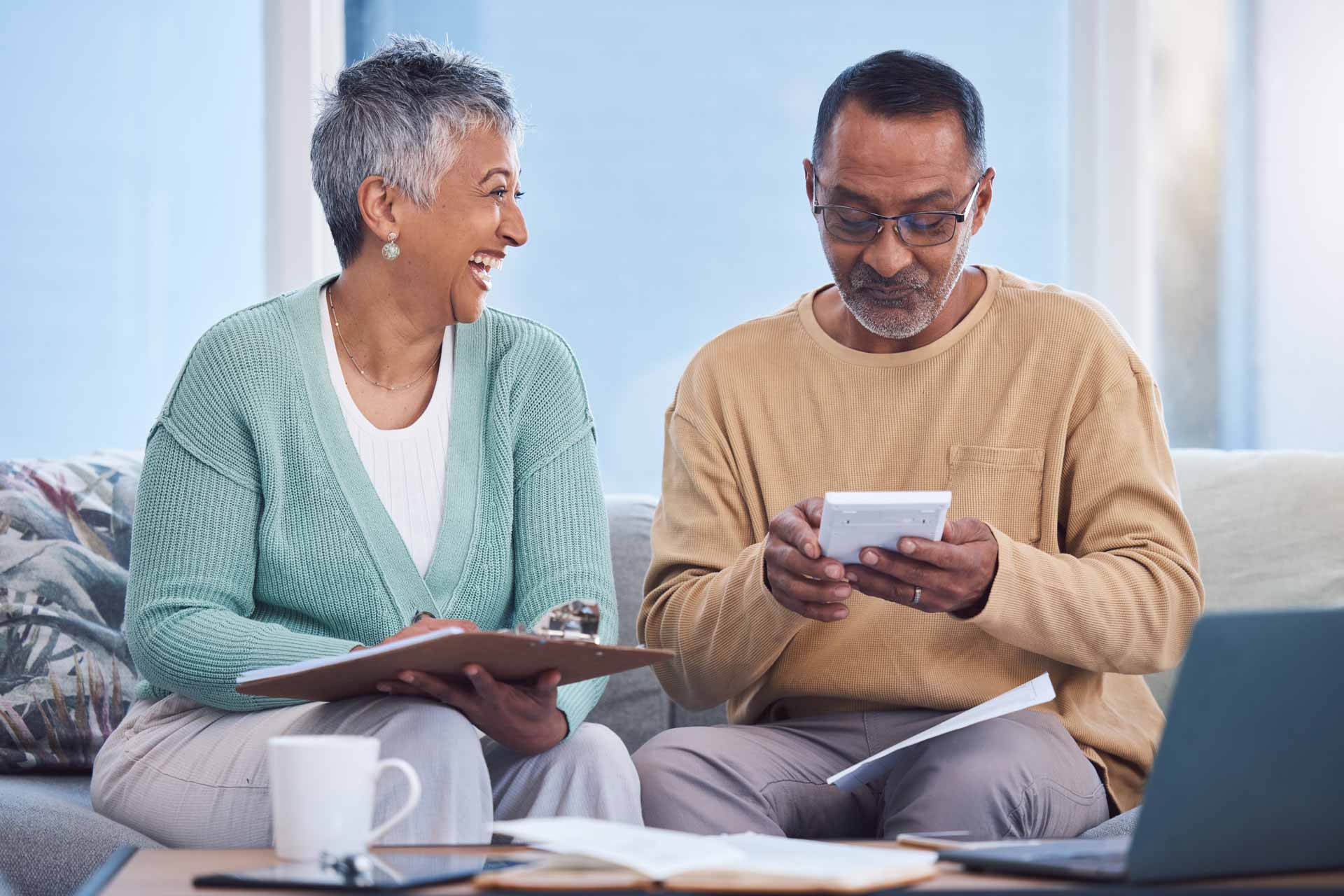Stay Connected and Save: Technology Programs for Seniors on a Budget
Dec 17, 2024

However, older adults find it hard to keep up with the fast-changing technology. They are also anxious about the costs.
If you are one of these elderly, you don’t have to worry anymore. Local and federal governments, private companies, and charitable organizations have communication and technology programs designed specifically for older adults.
These entities have banded together and are stepping in to bridge the digital divide. They provide seniors with the tools and skills to easily navigate the internet, smartphones, and computers at minimal to no cost.
This article will introduce you to these programs and what you can benefit from them.
The Lifeline Support Program
If you are looking for discounted internet or phone services, there’s the Lifeline Support program. Lifeline is a federal initiative to provide more affordable phone and internet services to qualified low-income households or individuals, including seniors.
Recipients can get as much as $9.25 discounts monthly for these services. Those living on eligible tribal lands will get an additional discount of up to $25.
Individuals earning at or below 135% of the federal poverty guidelines meet the income criteria and are eligible for the program. Those with Medicaid or are in the Supplemental Nutrition Program (SNAP) or the Federal Public Housing Assistance Program can also qualify.
You can apply to the program in three ways.
-
Go to the Lifeline National Verifier and start your application.
-
Print the Lifeline application form, fill it out, and mail it to the address below once completed.
USAC, Lifeline Support Center
P.O. Box 9100
Wilkes-Barre, PA 18773 -
Contact your service provider if you already have one, and ask if they are part of the Lifeline program. You can also go to Lifeline’s search tool to find participating internet service providers or telephone companies.
If you would like to know more, you can visit Lifeline’s website.
While Lifeline itself does not provide free smartphones or services to qualified seniors, they have partner organizations doing it, and the following are a couple of them:
-
Assurance Wireless: Through the Lifeline program, Assurance Wireless offers free smartphones with unlimited text messages, 1,000 call minutes, and 4.5 GB mobile data without any monthly cellphone bill to eligible older adults. Qualifications are the same as that of the main Lifeline program.
You can apply for this offer on the Assurance Wireless website.
-
SafeLink Wireless: Another Lifeline partner, SafeLink Wireless grants free cellular phones to qualified individuals, including seniors. These phones come with a free SIM card, unlimited text messaging, 350 talk minutes, and 4.5 GB of data monthly. Similar eligibility requirements apply for this offer.
You need to provide your physical address to apply for a free SafeLink Wireless phone. You can do this online or by calling (800) 723-3546. You can also mail your application to the following address:
SafeLink Wireless
PO Box 220009
Milwaukie, OR 92769-9901
Consumer Cellular does not offer free phones for older adults. However, it provides discounted rates to AARP members. They can get two phone lines of unlimited data, text, and talk minutes for $55 monthly, with a 45-day risk-free guarantee and free activation.
The Digital Literacy Program by OATS from AARP
Are you looking for free or affordable classes where you can learn how to use the computer and the Internet? You have an AARP program for that. The Digital Literacy Program by Older Adults Technology Services (OATS) from AARP is offered to seniors through AARP’s flagship initiative Senior Planet. It provides seniors with the confidence and skills to effectively use technology.
The program has free in-person and online classes on different topics. These include creative digital expression, online banking, and telemedicine. They also have workshops, lectures, and even interactive resources like quizzes and video tutorials for self-paced learning.
Available to all older adults nationwide, including underprivileged communities, OATS’ aim is for its courses to be accessible to everyone. You can find online classes near you through the AARP locator, or you can learn more about OATS on their website.
There are also public libraries all over the US that offer digital literacy courses to individuals, including older adults, and the following are some of them:
-
Hennepin County Library, Minnesota: This library provides specialized digital literacy programs for the community’s needs. These include creating online accounts and courses on basic computer skills and internet use. They also recruit multilingual volunteers to support immigrant communities in learning essential digital skills like applying for jobs and accessing government services online.
-
Gail Borden Public Library, Illinois: Known for its innovative programs, this library offers digital literacy classes through partnerships like Gail's Toolkit. They focus on foundational skills, including online safety, using social media and Microsoft Office. They also provide courses on advanced topics like coding and 3D printing.
-
Free Library of Philadelphia, Pennsylvania: This library integrates digital literacy into broader initiatives, such as employment-focused workshops and language skills programs. For example, they teach participants how to navigate online job applications and create resumes. Meanwhile, they also help them familiarize themselves with the library’s digital resources.
Private companies also have digital literacy initiatives, and several of them are the following:
-
Google: Grow with Google provides free workshops and online resources to adults, including seniors, so they can enhance their digital skills. Topics include basic internet navigation, cybersecurity, and productivity tools.
-
Apple: Apple’s Today at Apple program includes free sessions tailored for older adults. These sessions cover device basics, using apps like Photos and Safari, and accessibility features on Apple devices.
-
AT&T and NCOA Partnership: In collaboration with the National Council on Aging (NCOA), AT&T funds digital literacy workshops across senior centers nationwide. These programs focus on practical skills, including online communication, managing digital devices, and accessing essential services.
Be Tech-Savvy and Make Better Connections
You don’t have to bust your budget to stay connected or keep abreast of technological advancements. Many resources now help older adults get a free phone or discounted cellular or internet service. The ones in this article are a great start, and there are still others you can explore.
The key is to ask for help. Soon, you won’t have any problem with using the Internet or your phone.







